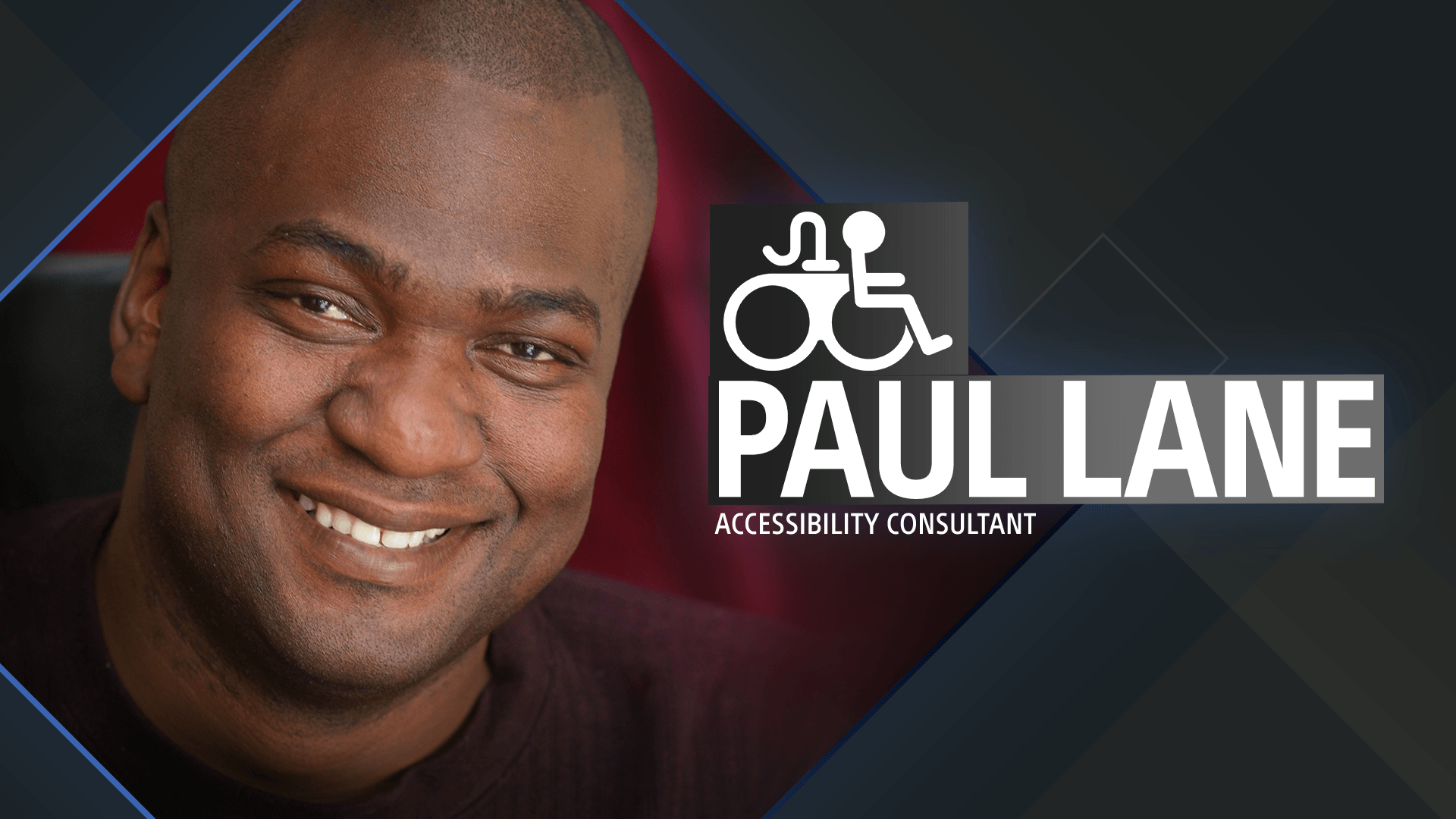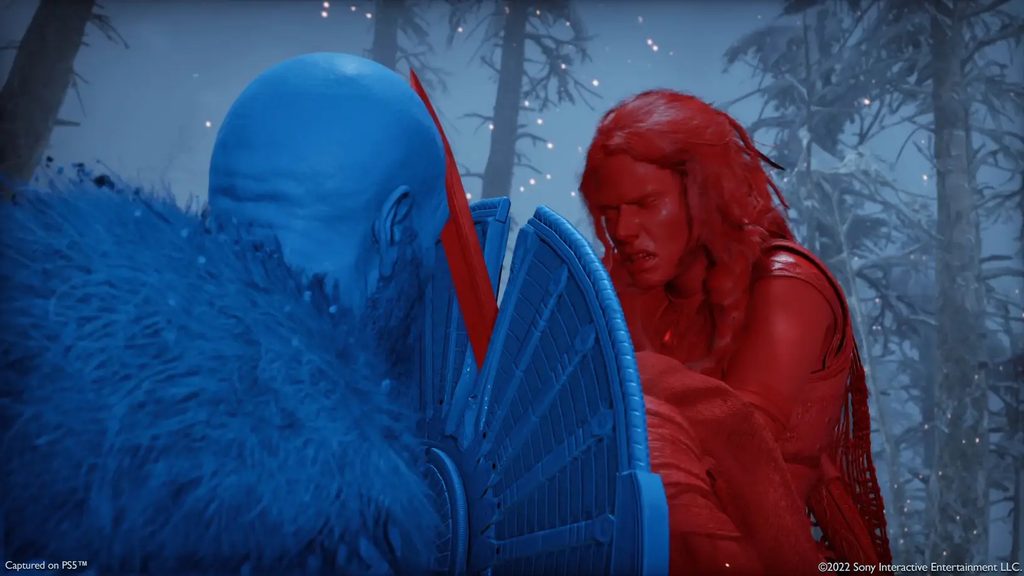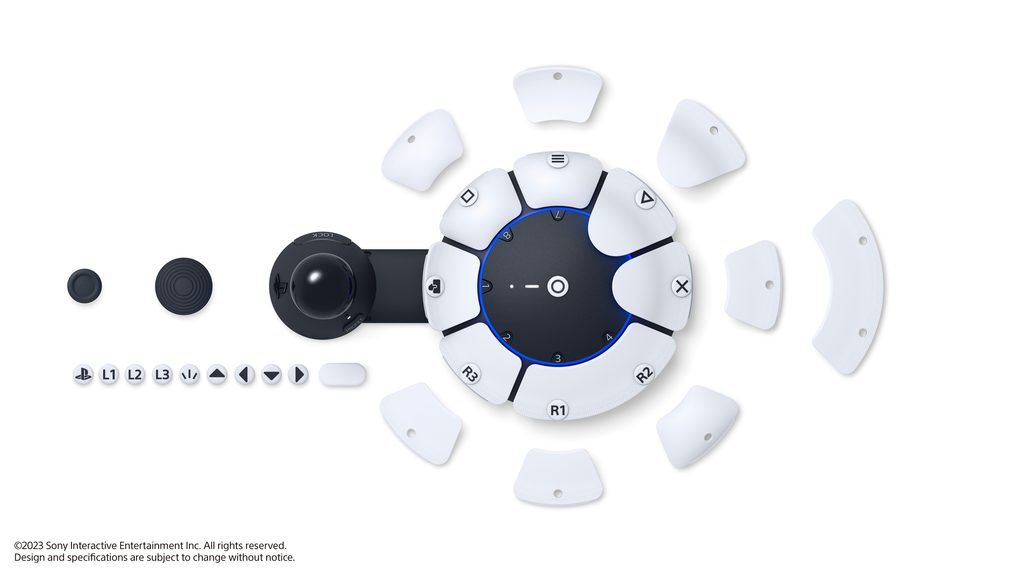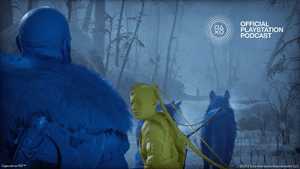Access Granted: An interview with Accessibility Consultant Paul Amadeus Lane
Shaping the future of inclusive design in gaming

Over the years, video games have grown to be enjoyed by millions of people all over the world, making it ever more important to strive towards a more inclusive future. As we continue to explore new technologies and innovations, accessibility in the gaming space aims to create experiences that can be enjoyed by people of all abilities.
Recently, we sat down with Paul Amadeus Lane, who is joining us as an accessibility consultant working with Sony Interactive Entertainment, to talk about some of the projects he has been involved with. Below is an abridged version of that conversation.
— — — —
Today, we have Paul Amadeus Lane, an accessibility consultant working with Sony Interactive Entertainment, working on all things gaming and accessibility. We’re super excited to have you.
Paul Amadeus Lane [PL]: It’s great to be here. Thank you so much for this honor and privilege.
For folks who maybe aren’t aware of what your work in the accessibility space has been, could you give a little bit of background about your life?
PL: Absolutely. Well, I am a power wheelchair user. Been one for over 30 years. I’m a C6 quadriplegic incomplete. I have no leg movement, but I’m able to move my arms. I’m able to use my voice to tell stories. I’m also a broadcast journalist by trade, but I moonlight as an accessibility consultant.
I was gonna say, you’re like the entertainment king. I know you have a really big background in radio work.
PL: Oh, thank you. You know, [being an] accessibility consultant is really my labor of love. Because, being disabled, I always look for opportunities to talk about my challenges and what helped me to overcome those challenges and also try to help others [with] what they need to do. Especially when it comes to the gaming space.
[Accessibility in gaming] is something that affects so many people and there is so much work that can be done in this space. Voices like yours are really helping raise the bar for people. So, you mentioned you’re an accessibility consultant. What exactly does that look like? What does that mean?
PL: Well, what it means is I work with the gaming industry and also tech industry to make technology more accessible for others. Whether it be [for] the adult and aging population or the disabled community like myself.
I make sure that we’re able to use the products, make sure that if there are any barriers, that we can help overcome those barriers. I also try to help find any pain points when it comes to using different technology, in ways that they can make sure it’s accessible for all and that no barriers are there.
How did you find yourself in this space? How long have you been an accessibility consultant?
PL: Wow. It was crazy. <laugh> It’s been, I wanna say since about 2015. I stumbled onto this through my journalistic work. I would interview different tech companies, and during the interviews I would always say: “Well, how can someone like myself use this type of technology?”
And sometimes they would fumble, but then one time they were like: “Hey, well, what do you need? Can you give us some pointers?” So I started giving pointers to the tech industry.
Then, back in 2017, I was at the PlayStation Showcase at E3. One of the councils who were working with PlayStation at the time, Kevin Chung, came over and he asked “Are you okay? Can you see everything at this event?” I said “oh yeah” and then we started chatting. I said “I’m having problems with these particular video games,” and he said “Well, you know, at Naughty Dog we do all these amazing stuff.” And I asked, “How can I lend my voice to some of the challenges that I face?”
So, because of that serendipitous encounter, I became an accessibility consultant in the video game industry.
What are some of the specific features that you worked on, let’s say with God of War Ragnarök?
PL: Well making sure when it came to combat mode – being able to traverse. Also, the different battle sequences as well. Because sometimes you need multiple hand movements or multiple button pushes. And to be able to lend my voice and say: “Hey, it would be nice if we could maybe use one button push or a quick-time event in this type of sequence.” And to see all that added to the final project.

I was wondering what was the first instance that you had – in any game, it doesn’t have to be a PlayStation game – that you were playing something and you thought: “Wow. They have been thinking about someone like me!”
PL: You know, it wasn’t until PlayStation games.
A good friend of mine, Josh Straub – he worked on Uncharted 4. That’s when I noticed: “Wow, this is really cool.” Because having different features out there that can help ones like myself who are having problems gaming, and to do it successfully.
I had gotten to the point where I would just get frustrated with video games because I just could not play them. I go back to the old school, like when my dad brought home Odyssey, and it was one button, you know, one joystick. That’s what I was used to.
Especially after my accident, when I lost the movement of my fingers, I just couldn’t do it at a very high level. I mean, I learned to manipulate things with my chin, with my lip, with my cheek, but it just wasn’t at a very high level. I missed out on the true gaming experience. And then when I saw all these different features in Uncharted 4, I was like: “Wow, this is pretty cool! I can get there now.”
Is there anything that you’re working on right now that you’re able to chat about? Or is there anything that you want to spotlight or tease, if you might say?
PL: What I can talk about is [the Access Controller]. Working on that project, it was really, really awesome. To see where it started and the maturation process to where we see it today. It was a surreal moment. I was at CES when the announcement was made. I was actually in a accessibility roundup meetup that the Consumer Technology Association Foundation puts on every year. So, we’re in there having these conversations about accessibility and the need to be more inclusive. And I missed the Sony keynote, because I was en route. So, as I get back to my hotel, my phone’s blowing up saying: “Hey, did you see the video you’re in?” I was like “No, I did not miss that.”
But when I looked at it, it was really, really awesome just to see at the Super Bowl of Technology conferences [the Access Controller] came out and introduced itself to the world.

Working on that project over the last – I started working on it back in 2020, and to see where it’s at today with the amazing engineers, the amazing feedback that they got from ones like myself and others in this community. To see where it’s at right now. It’s like the sky’s the limit.
There’s some amazing things coming on the horizon. It’s gonna blow everyone away out there.
— — — —

Checkout the Official PlayStation Podcast Episode 458: Access Granted for the full interview featuring Accessibility Consultant, Paul Amadeus Lane.


